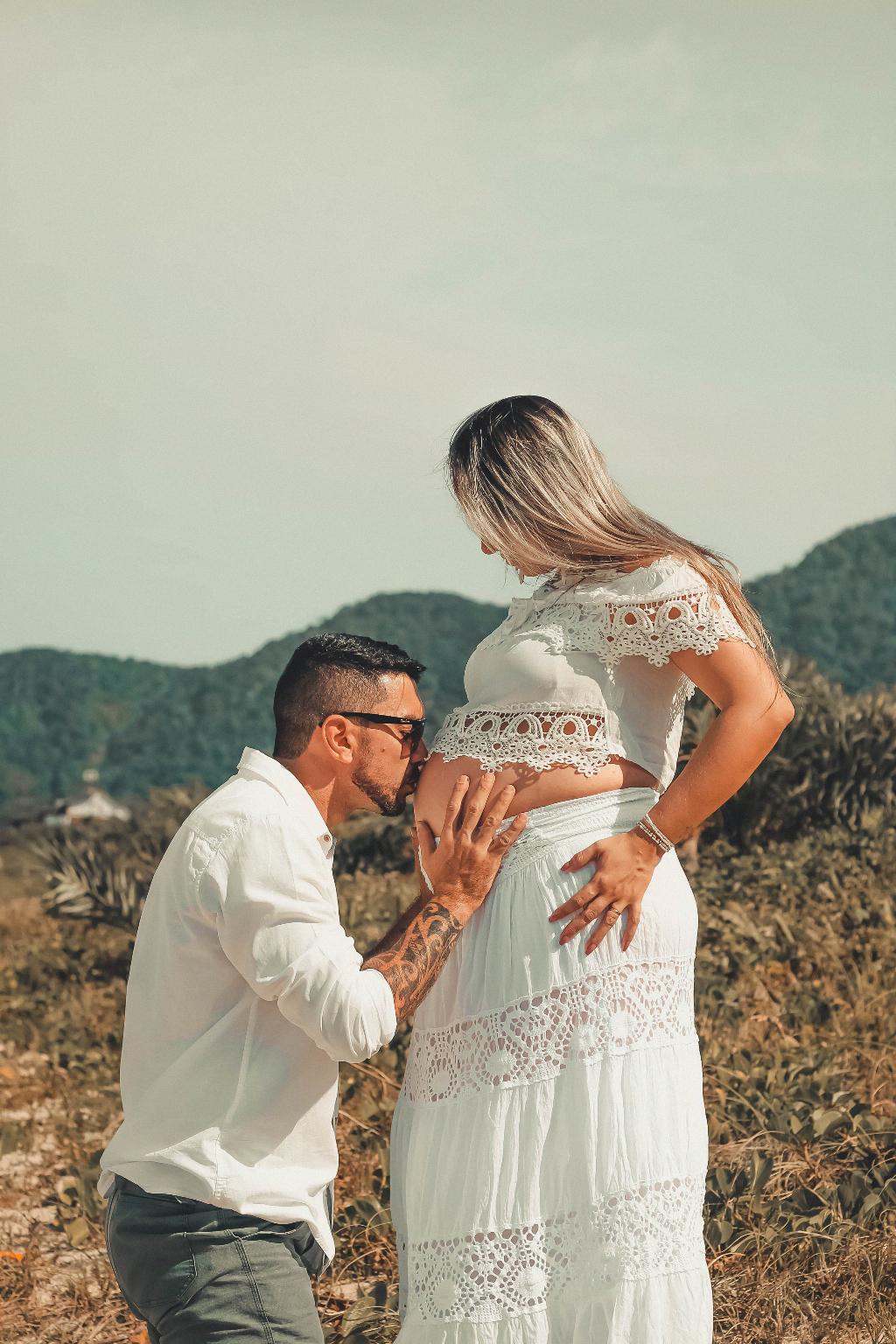Exploring the question of how active a baby is at 19 weeks of pregnancy can be an exciting journey for expectant parents. At this stage, the baby is continuously growing and developing, and their movements inside the womb can provide valuable insights into their well-being and vitality.
Early Movements: A Gentle Flutter
Initially, around 19 weeks of gestation, you may start to feel subtle sensations of fluttering or bubbling in your belly. These early movements can be incredibly delicate, almost like a tiny shift or brush against the uterine wall. It’s a remarkable experience that signals the beginning of your baby’s activity.
Progression to Clearer Kicks
As the weeks progress, the nature of the baby’s movements transforms into more pronounced kicks and jabs. What was once a faint flutter now becomes distinct kicks that you can’t miss. You might even be able to identify which bump is a tiny hand or foot as the baby explores their confined space.
The Joy of Feeling Every Movement
Feeling your baby’s movements at 19 weeks is both magical and reassuring. It’s a tangible connection to the little life growing inside you. With each kick, roll, or wiggle, you form a bond with your baby that transcends words and nurtures a unique, unspoken bond.
Individual Variation in Baby’s Activity
It’s essential to recognize that there is no fixed number of movements that expectant parents should feel at 19 weeks. Every baby is different, and their activity levels can vary widely. Some babies are more active, while others may have quieter moments, all of which are part of their unique developmental journey.
Signs of a Healthy, Active Baby
Feeling your baby move regularly is typically a positive sign of their well-being. It indicates that the baby is active and responsive in the womb, which is a reassuring sign for expectant parents. However, if you notice a sudden decrease in movement or any concerns, it’s crucial to consult your healthcare provider.
Embracing the Spectacle of Baby’s Activity
As you marvel at your baby’s movements at 19 weeks, take a moment to cherish these intimate interactions. Whether it’s a gentle flutter or a vigorous kick, each movement is a precious reminder of the miracle of life unfolding within you. Embrace the spectacle of your baby’s activity and revel in the anticipation of their arrival.
Engaging with Baby’s Movements
You can actively engage with your baby’s movements by gently pressing on your belly or talking soothingly to them. Establishing this connection through touch and sound can create a comforting environment for both you and your baby. It’s a beautiful way to bond and communicate even before they enter the world.
Monitoring Baby’s Patterns
Tracking your baby’s movements and patterns can offer valuable insights into their daily routine and activity levels. Observing when they are most active or responsive can help you establish a sense of familiarity with your baby’s behavior, fostering a deeper understanding of their unique personality even before birth.
Celebrating Every Movement
At 19 weeks, every movement of your baby is a cause for celebration and joy. Whether it’s a playful kick or a gentle nudge, each interaction connects you more profoundly with the life growing inside you. Embrace these moments with gratitude and revel in the wonder of the journey you are undertaking together.
Emotional Connection Through Movement
Through feeling your baby’s activity at 19 weeks, you forge an emotional connection that transcends physical boundaries. It’s a sublime bond that deepens with each movement, creating a sense of profound love and guardianship that will continue to flourish as you welcome your baby into the world.

